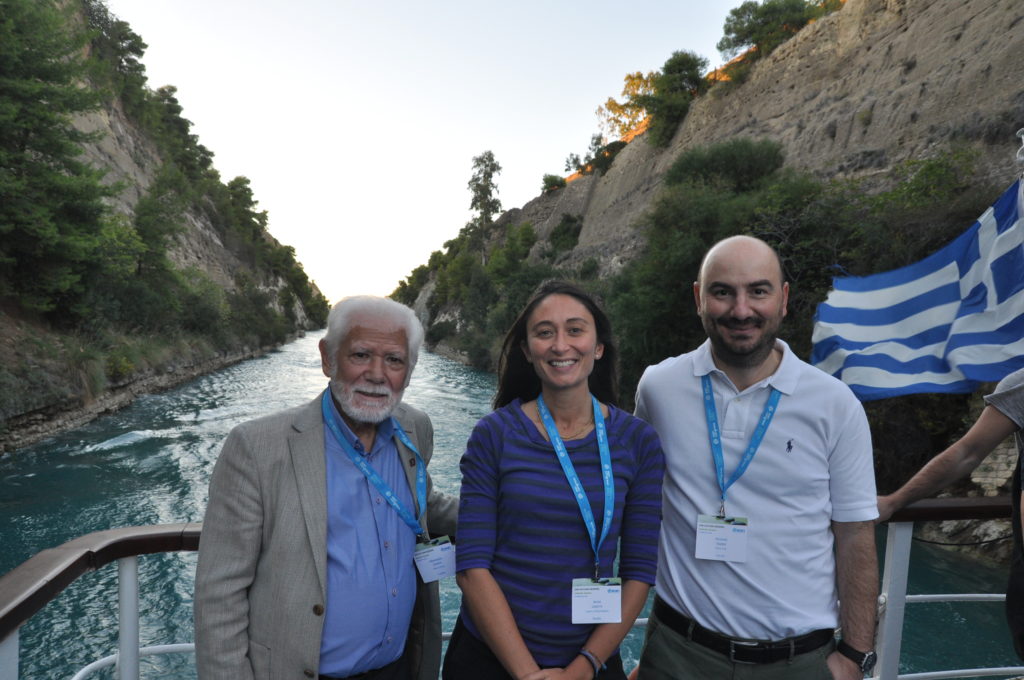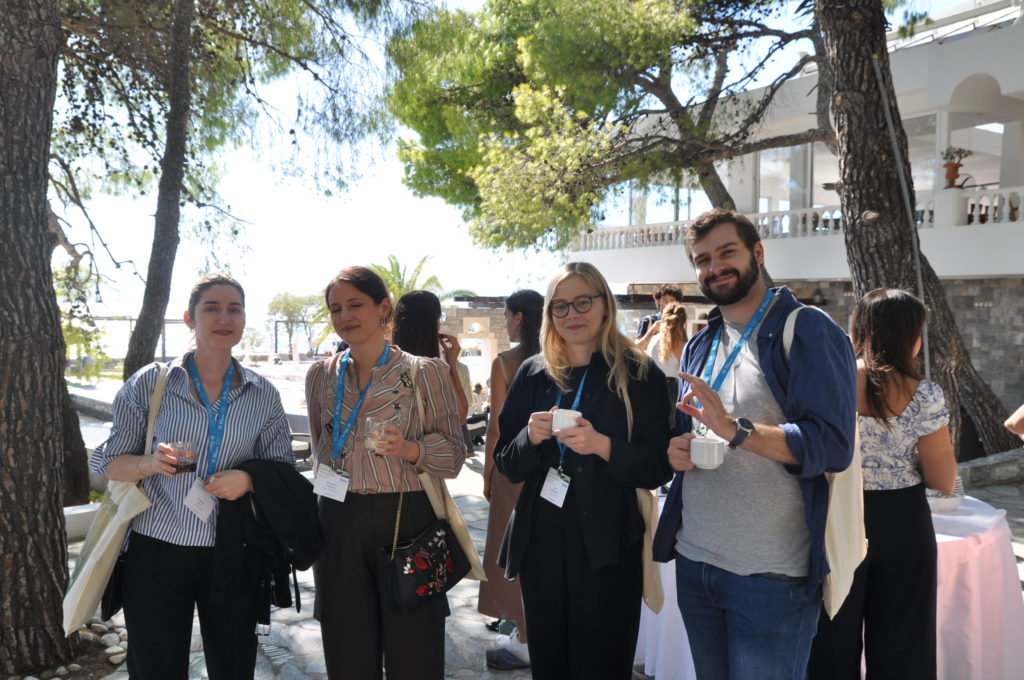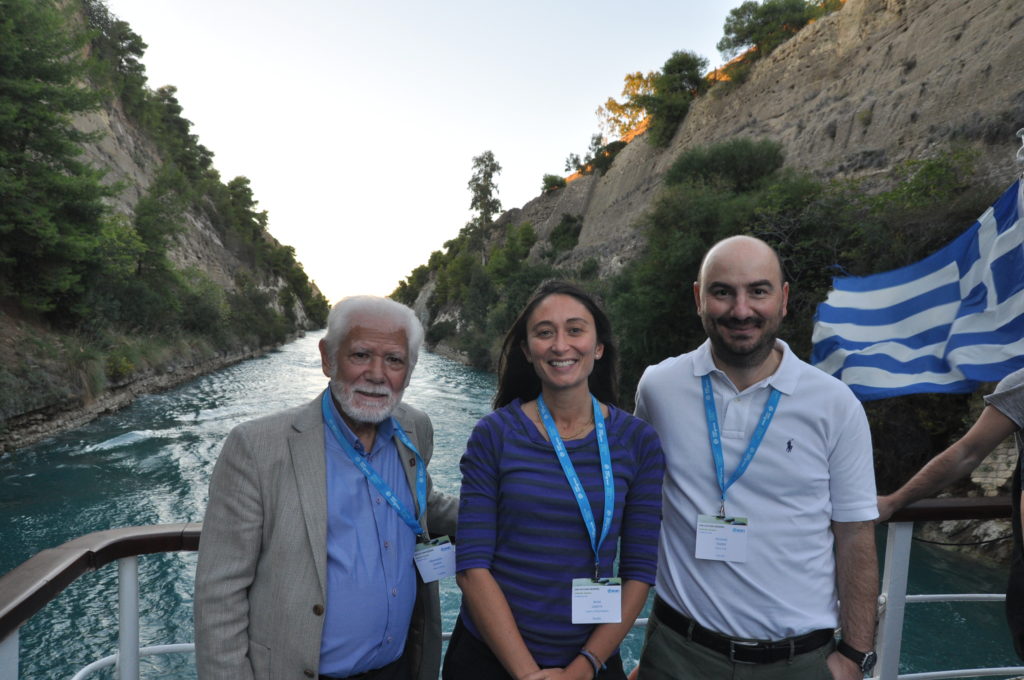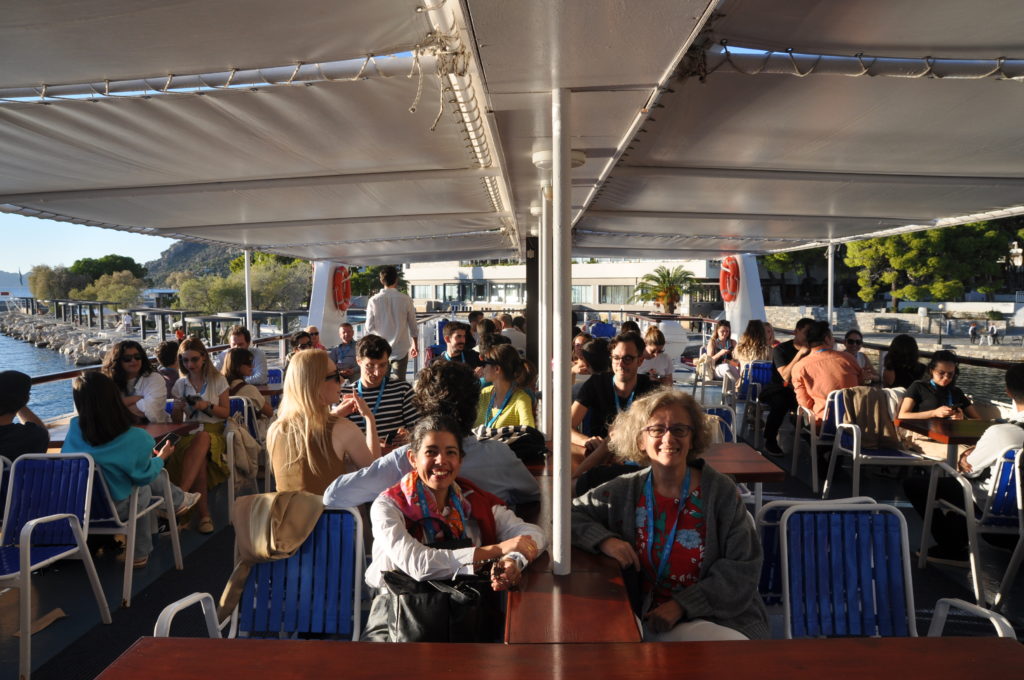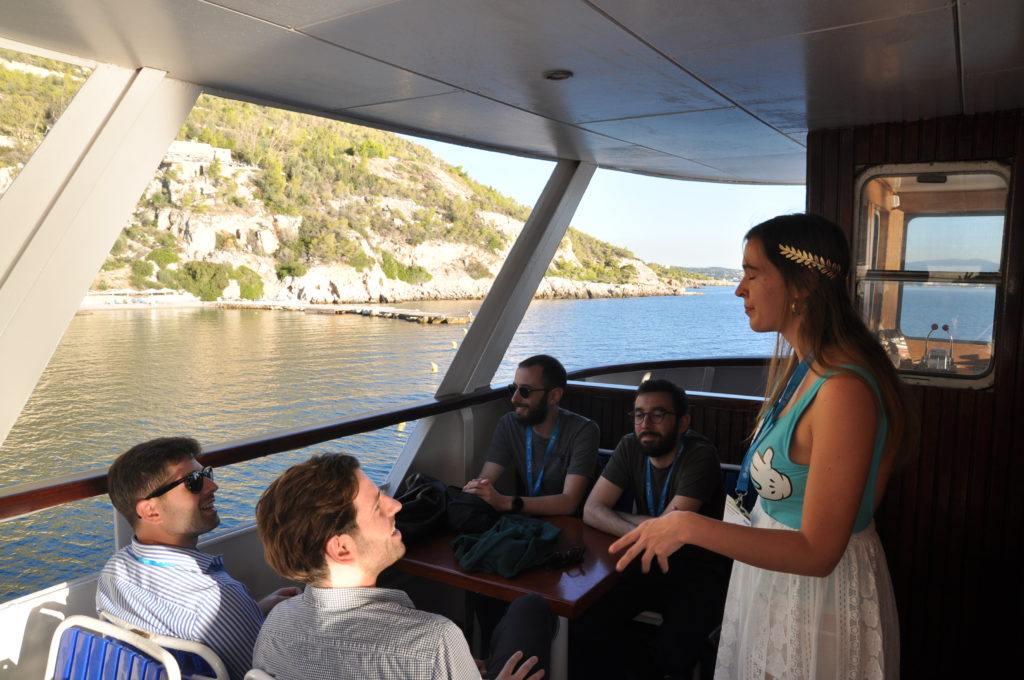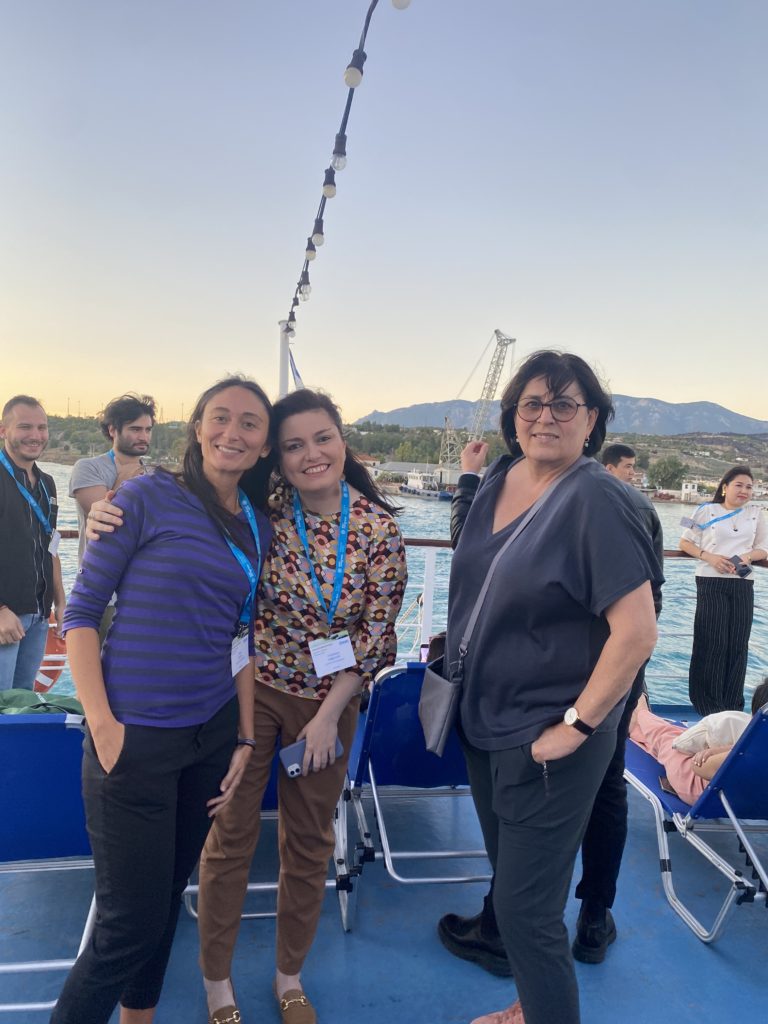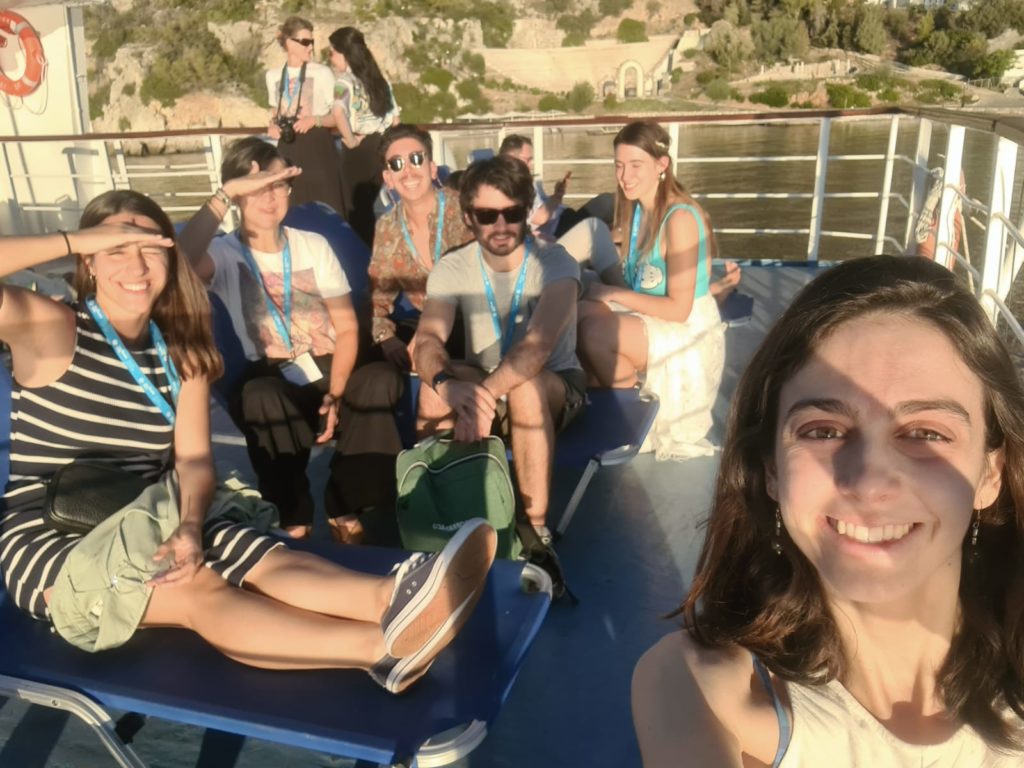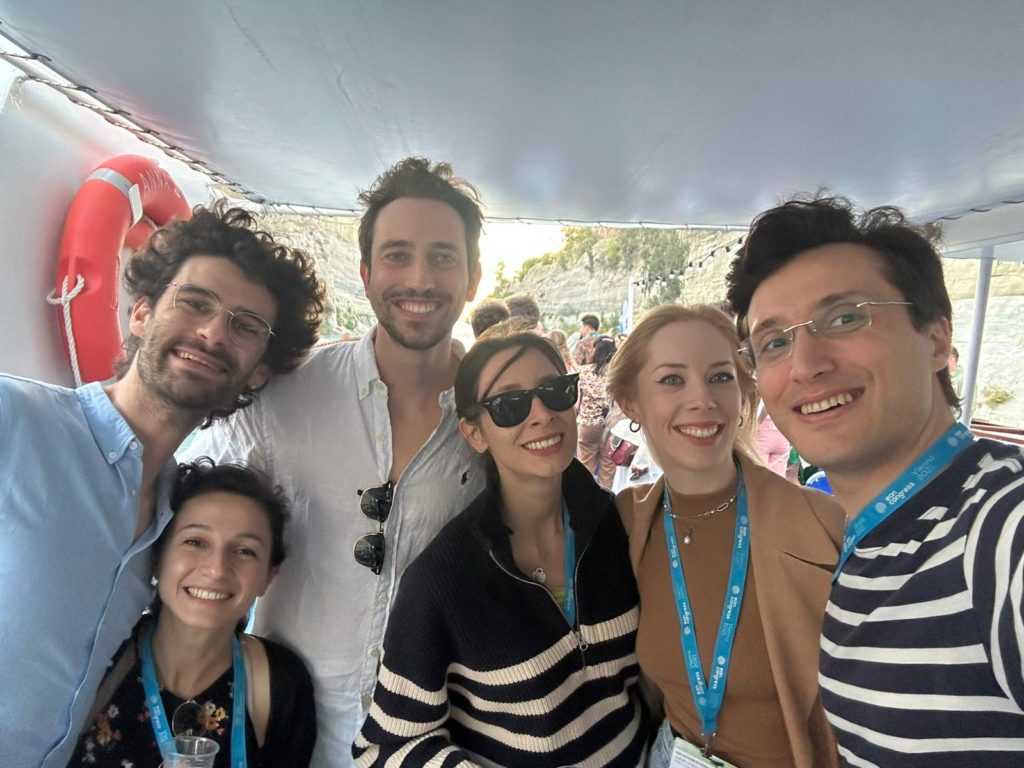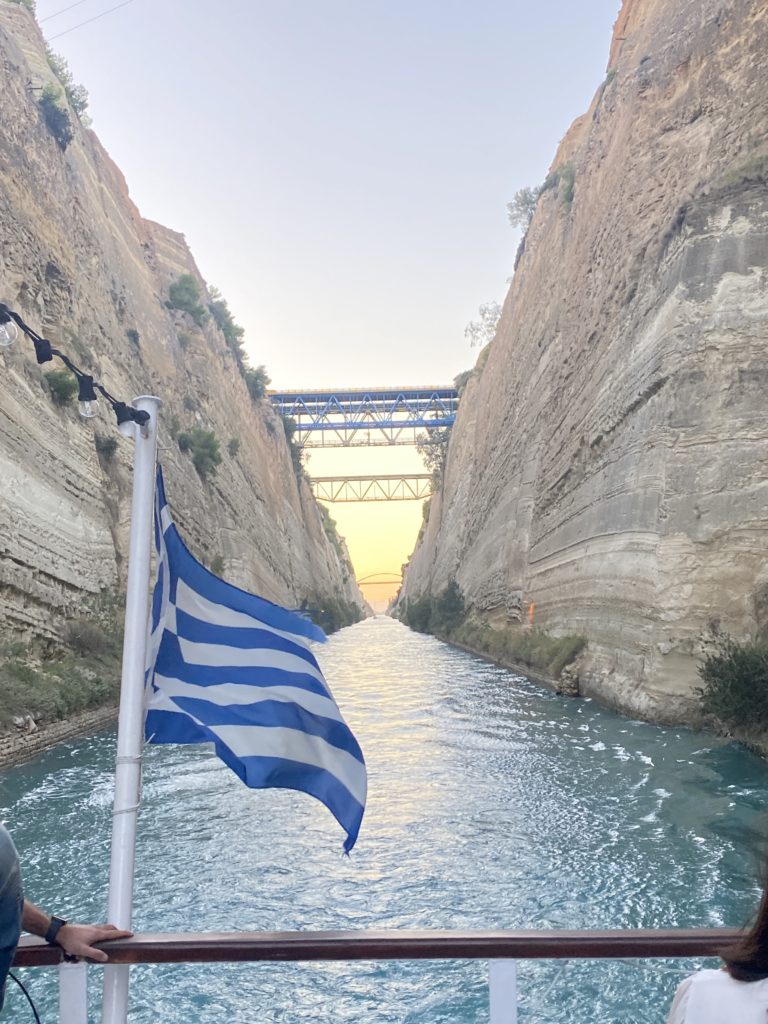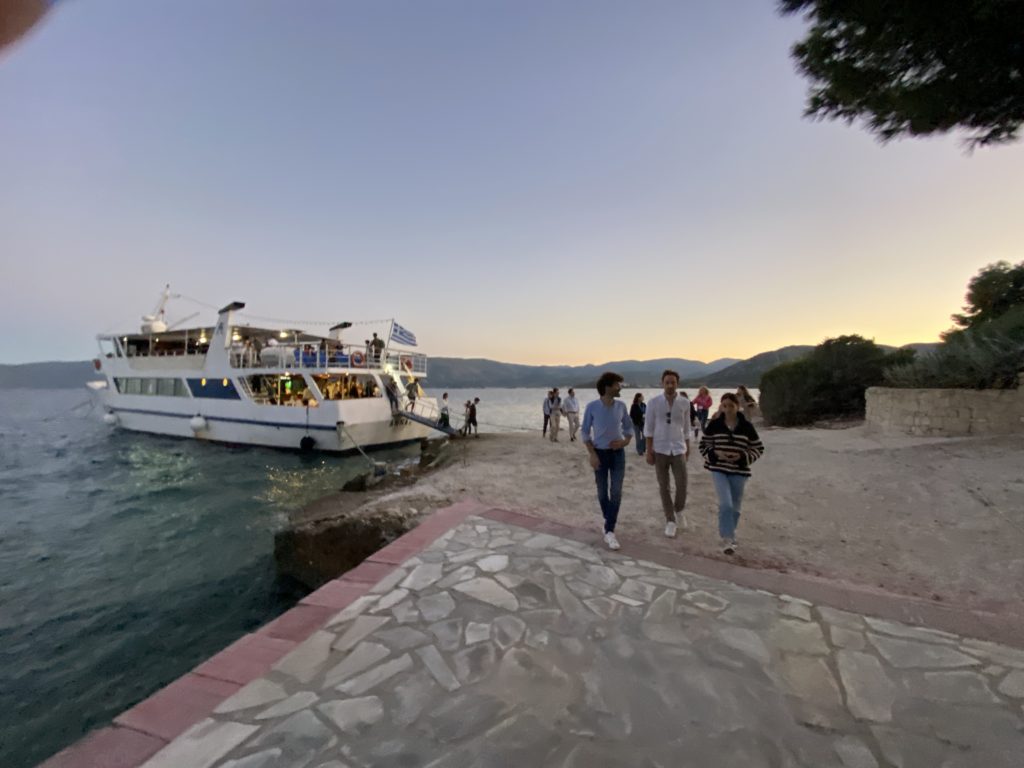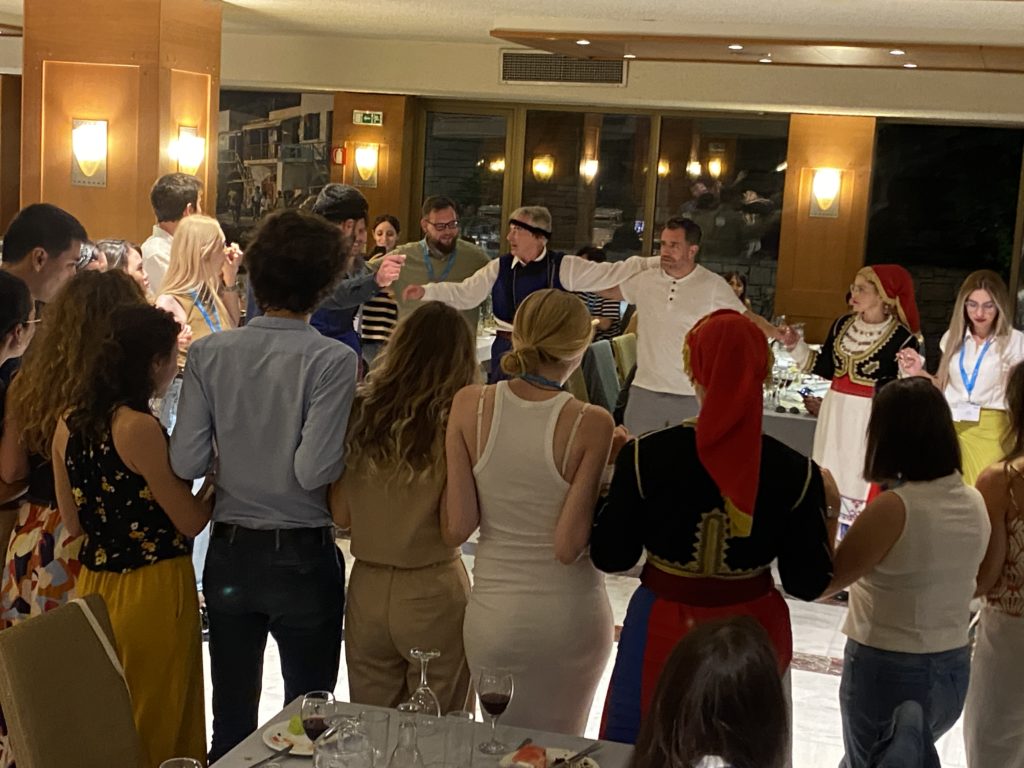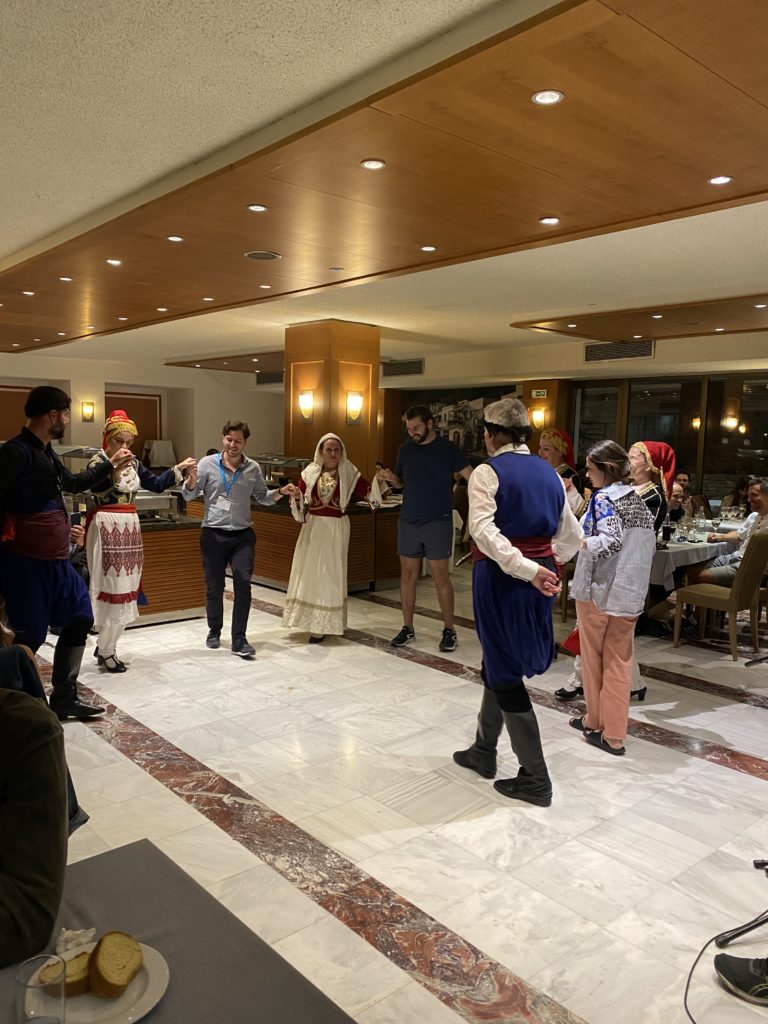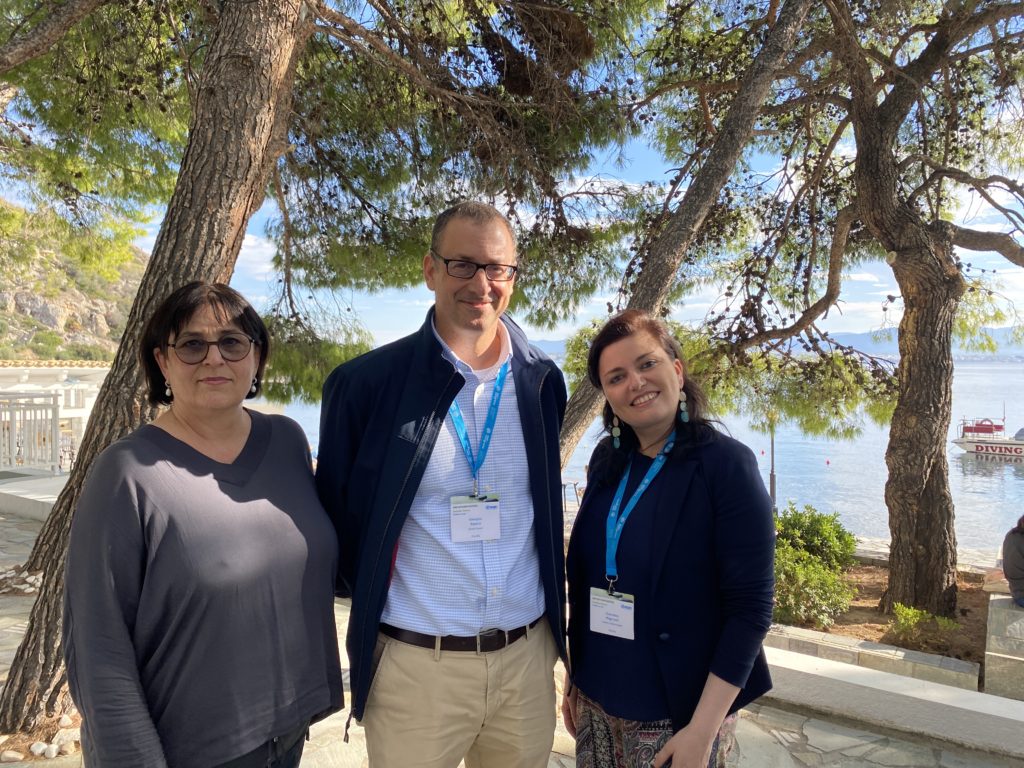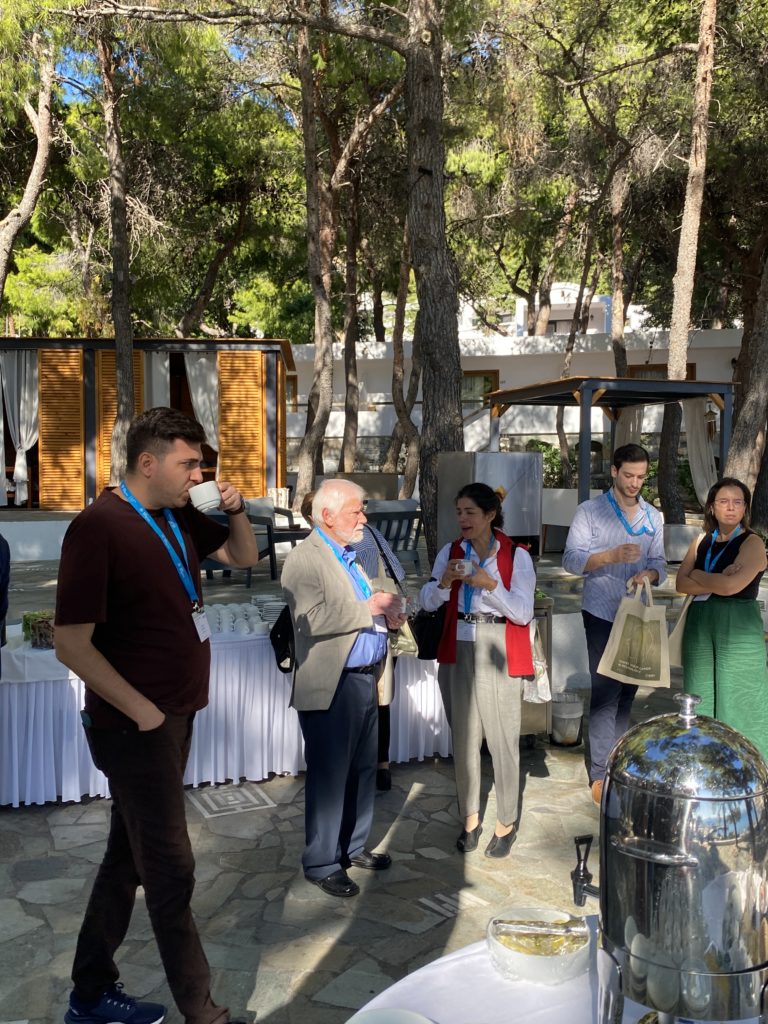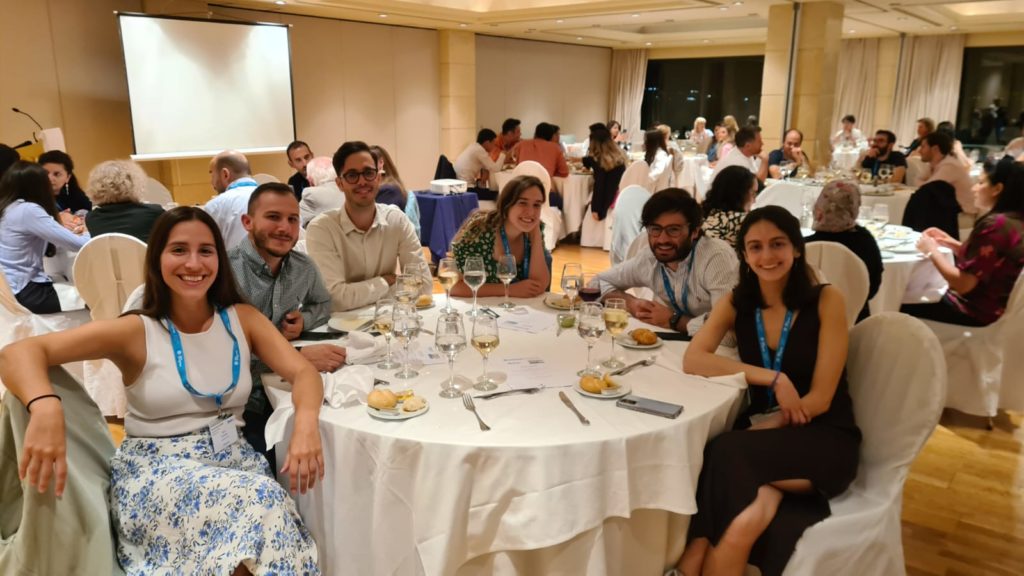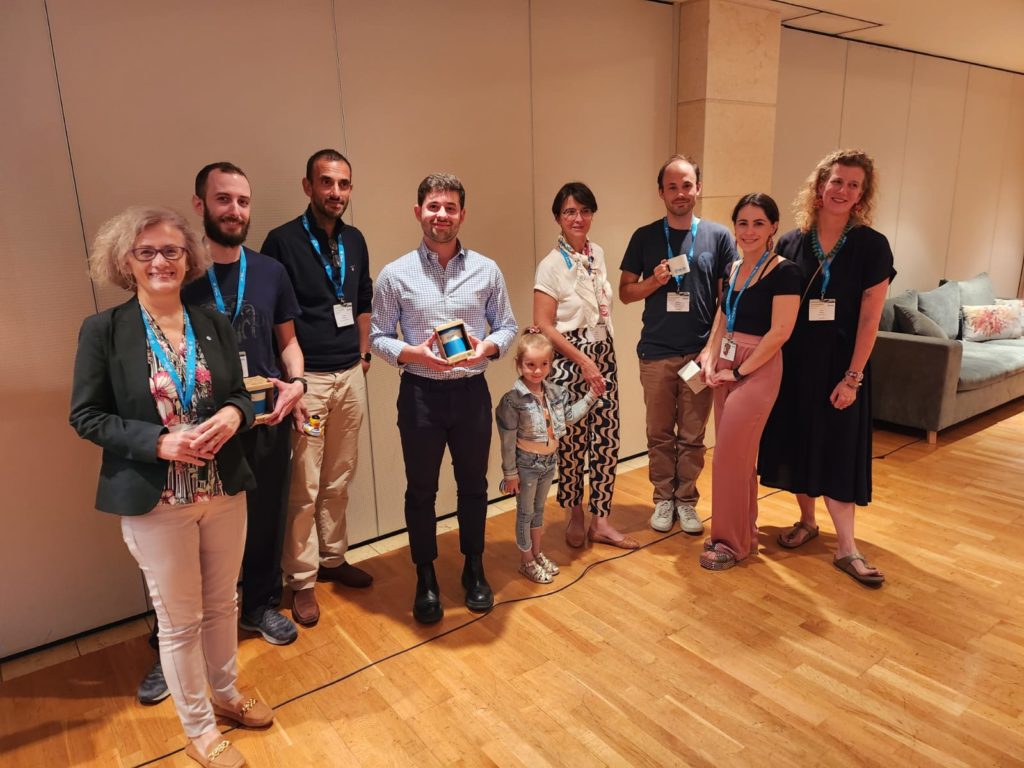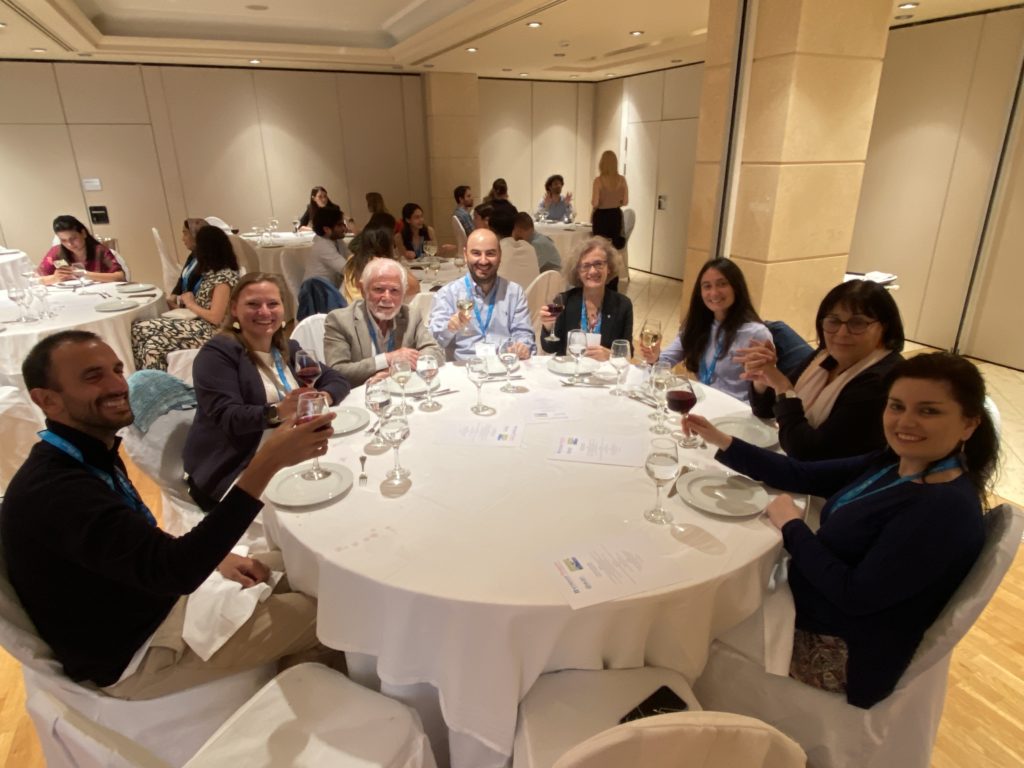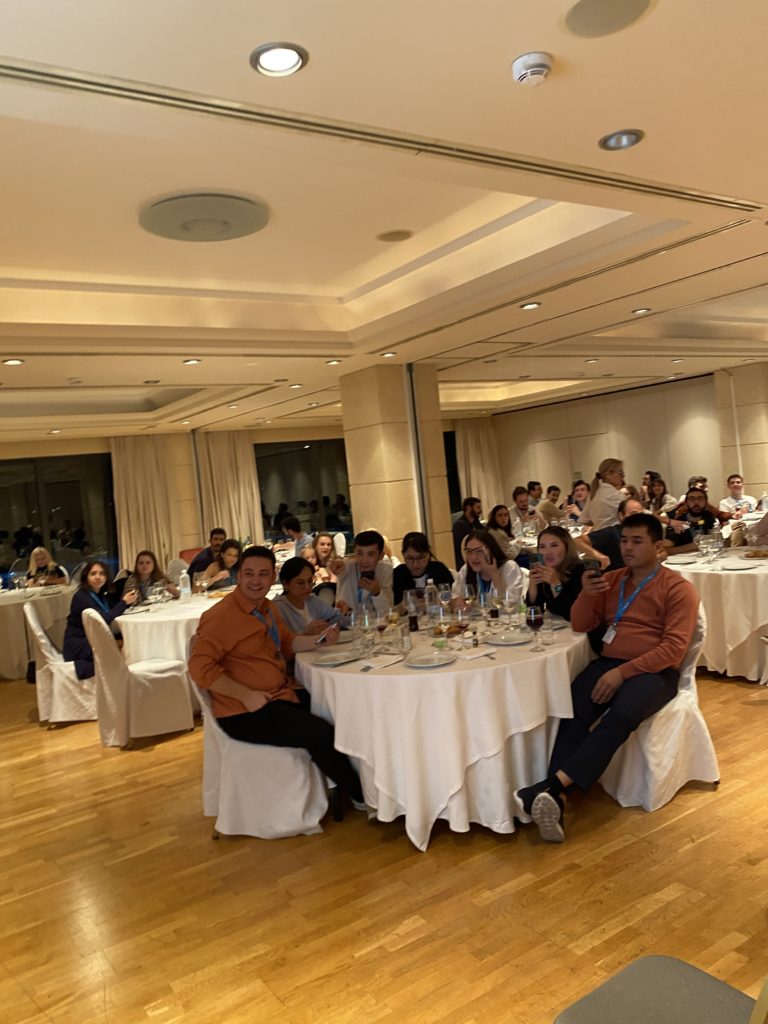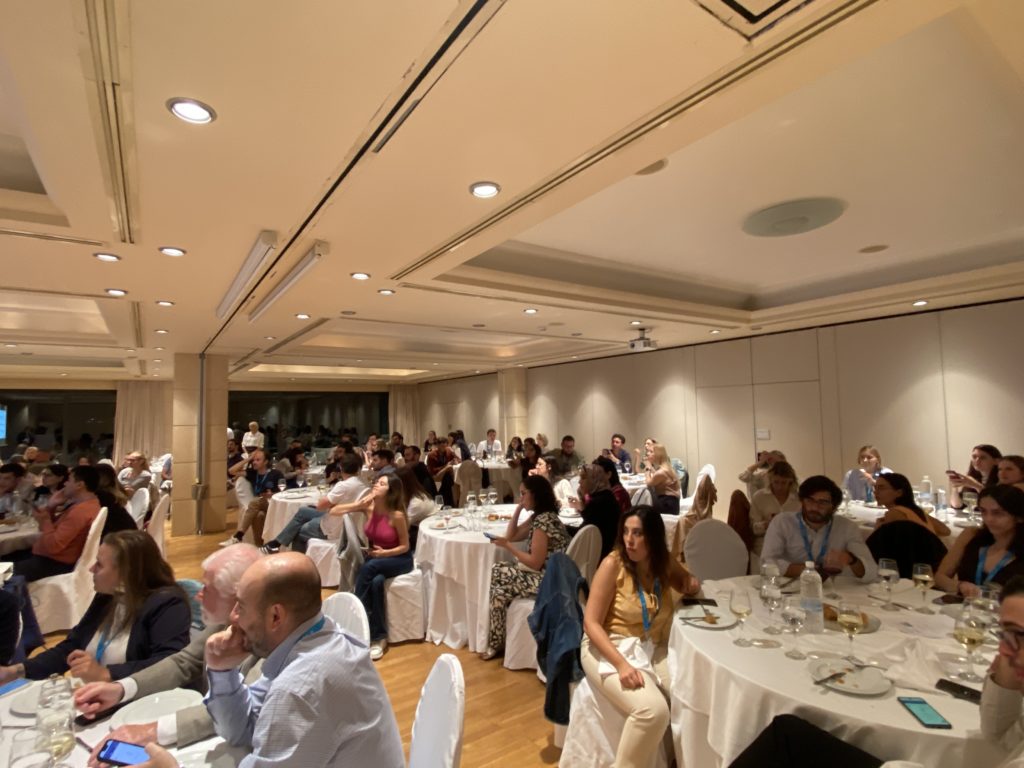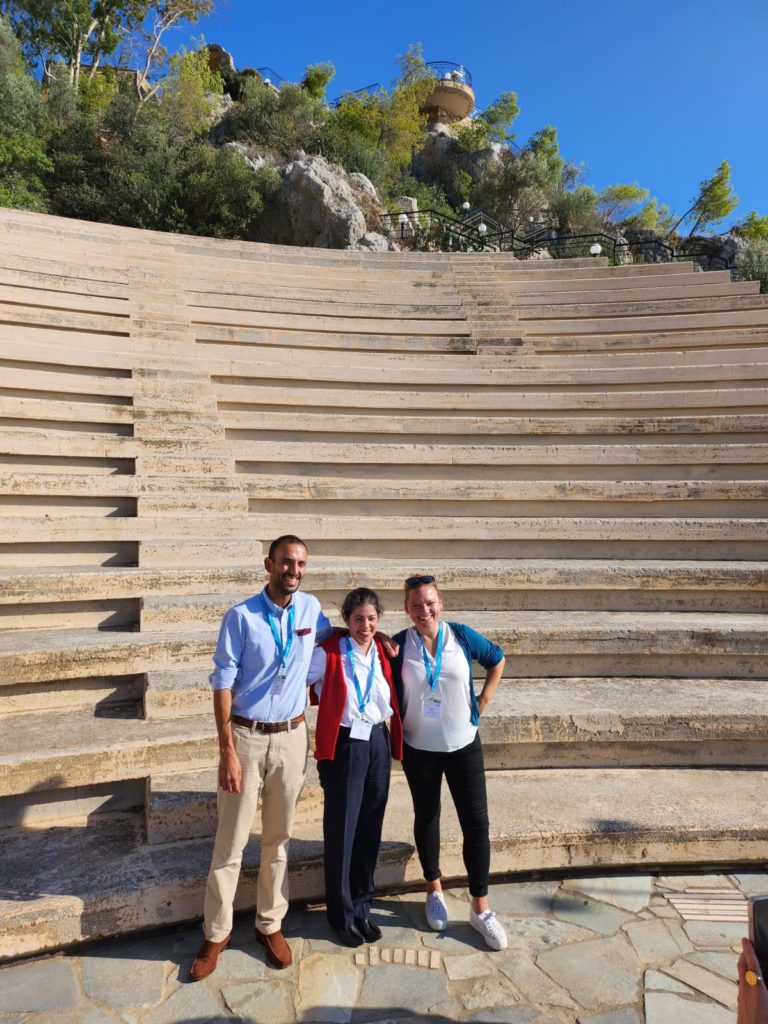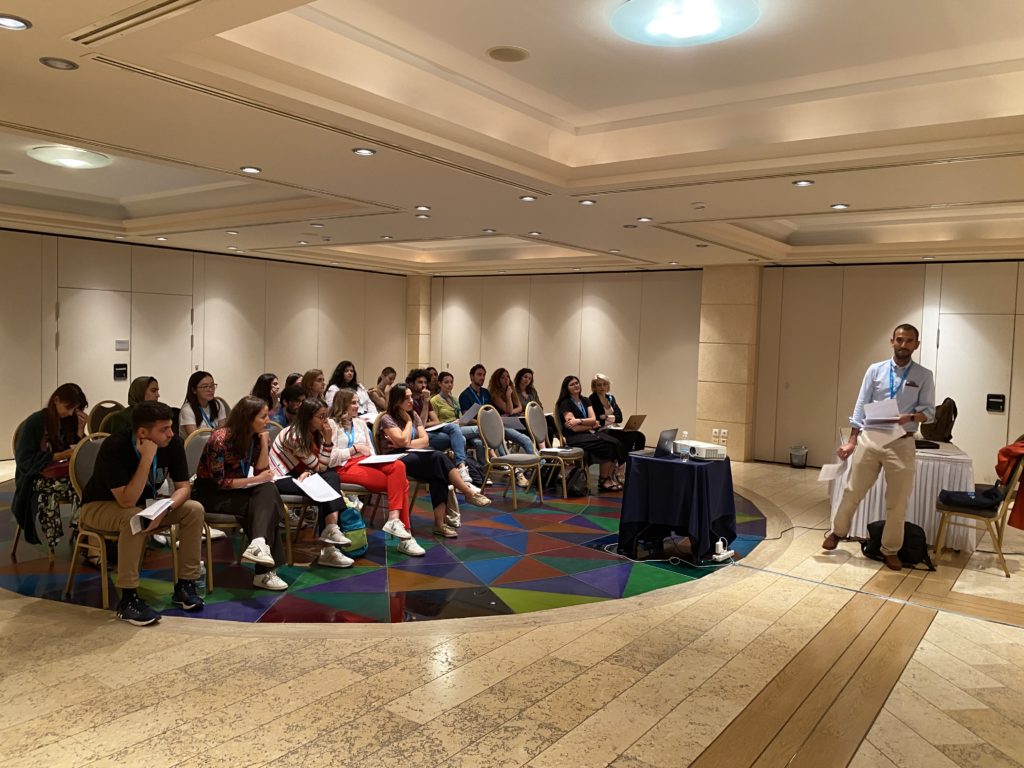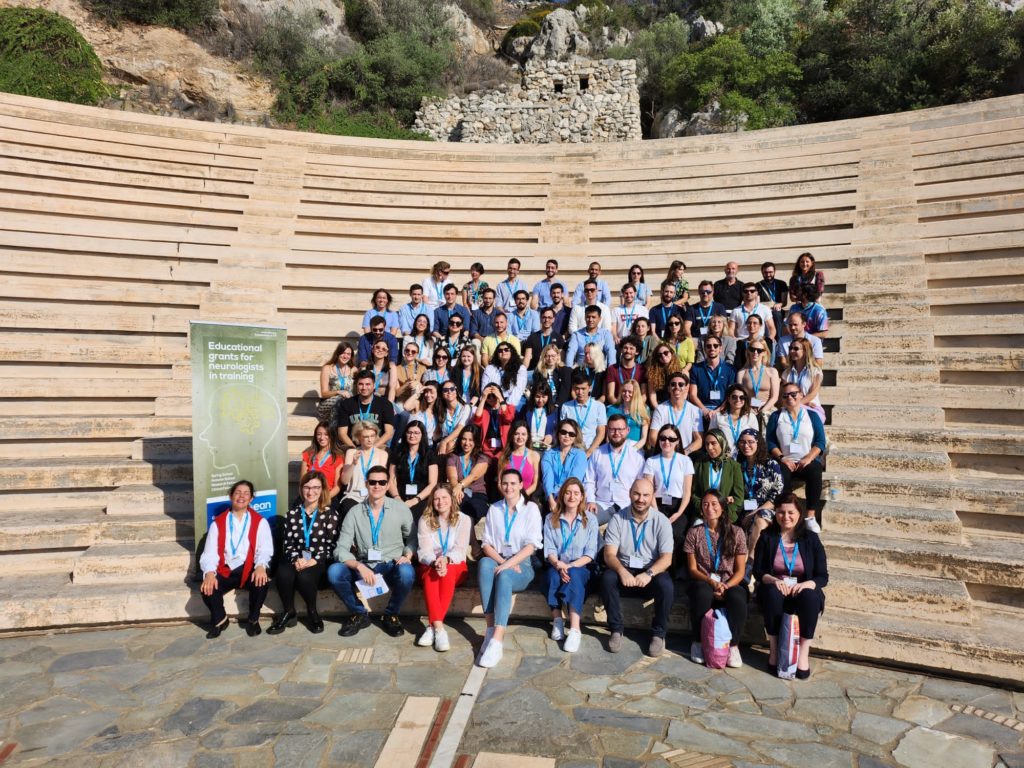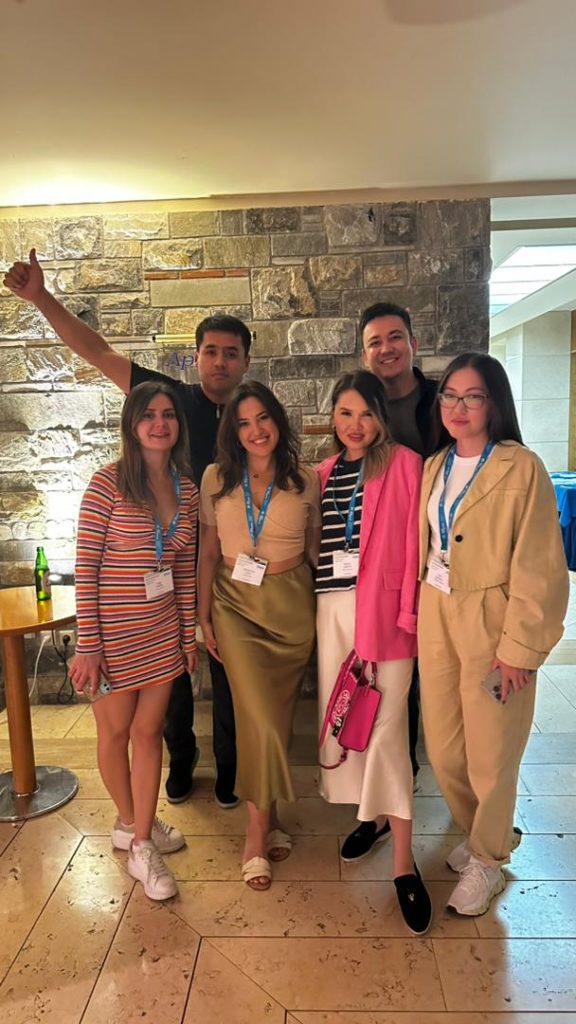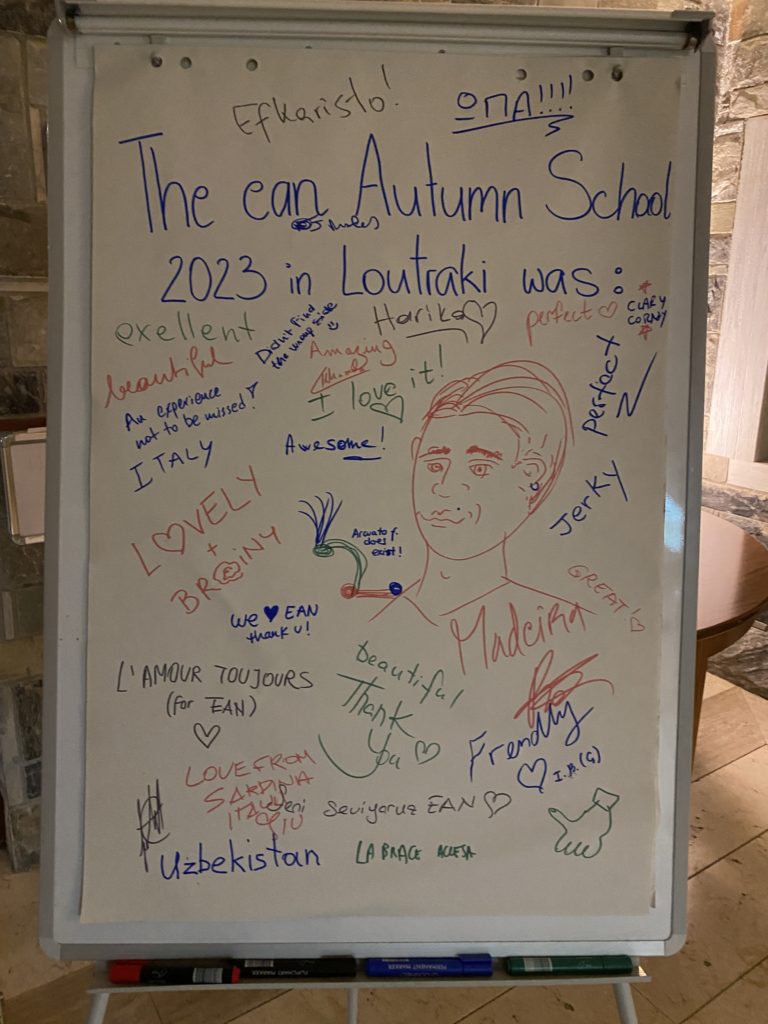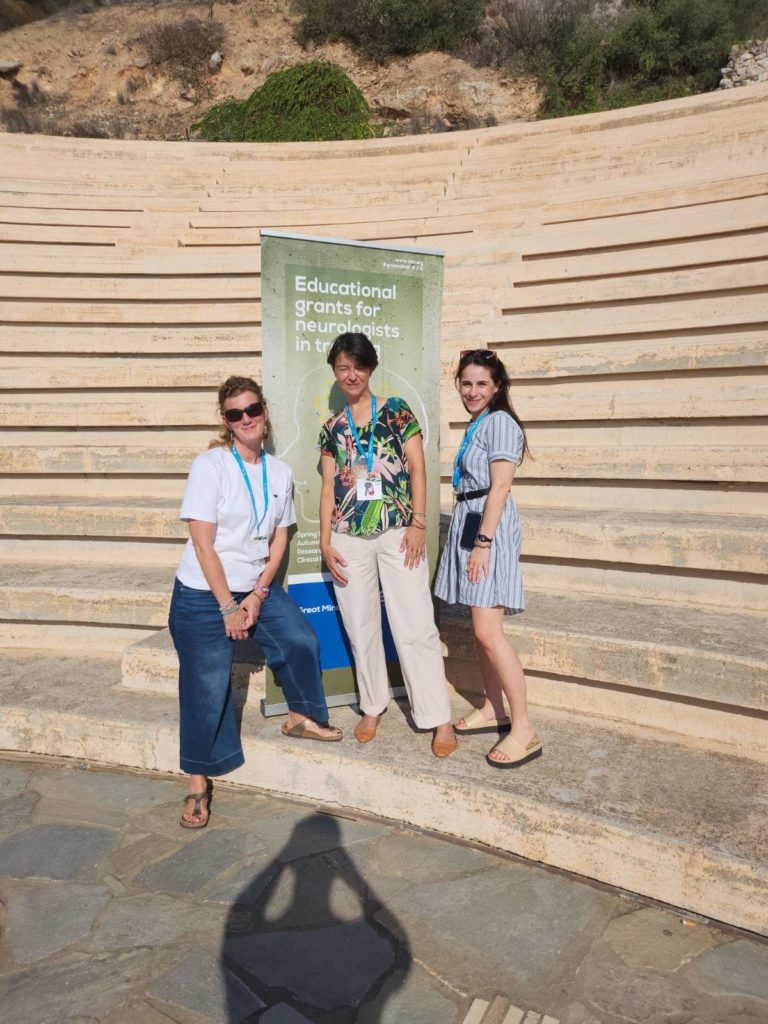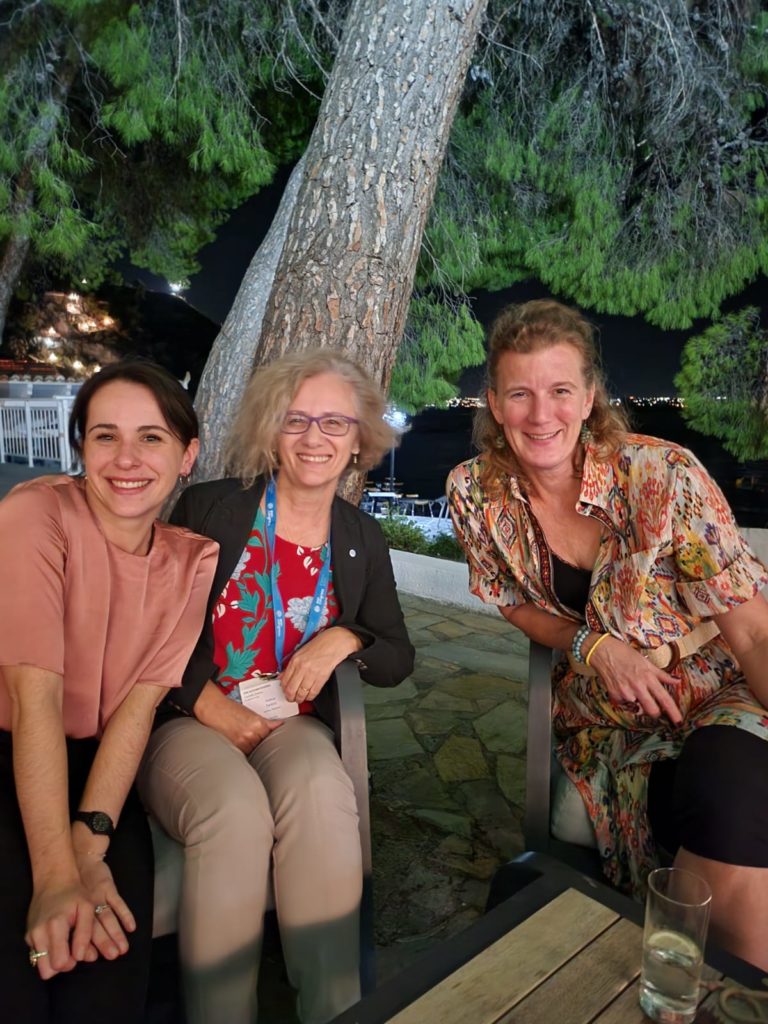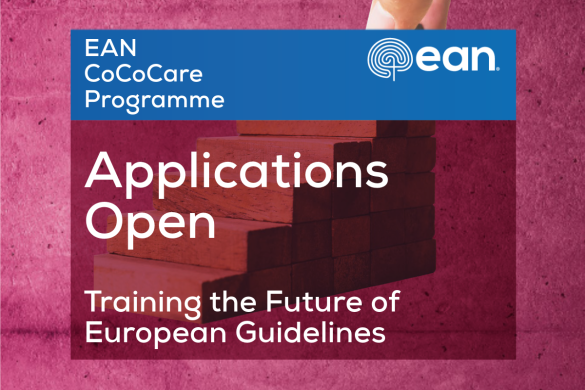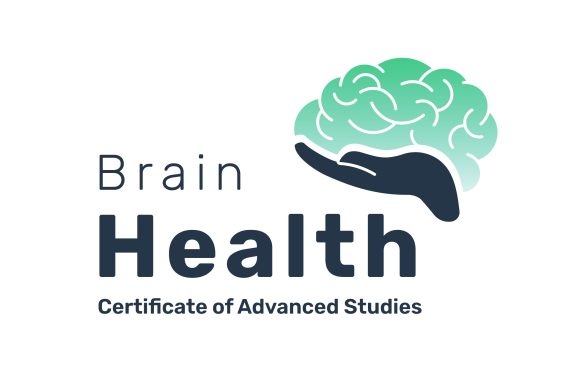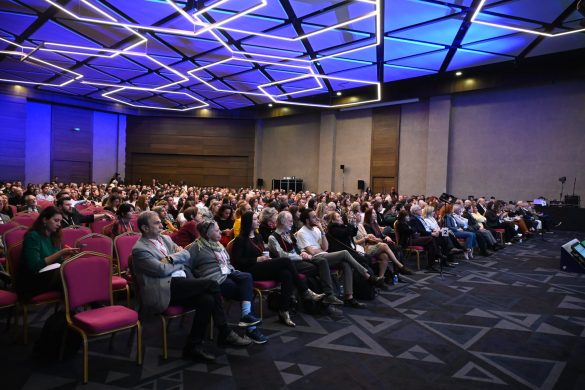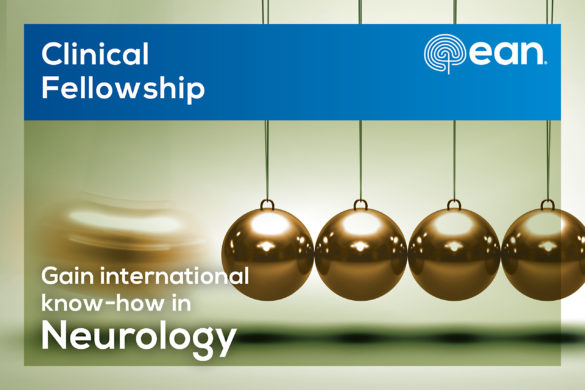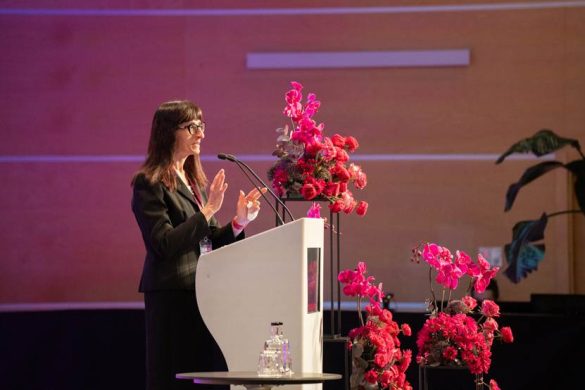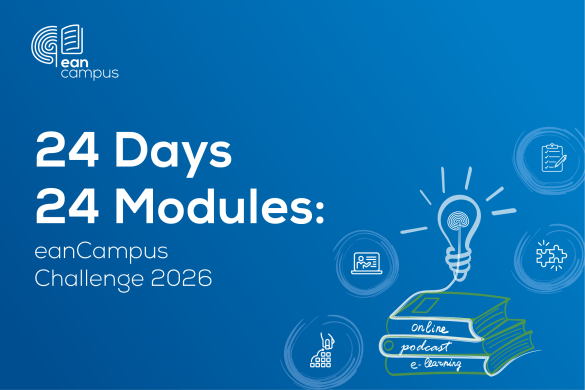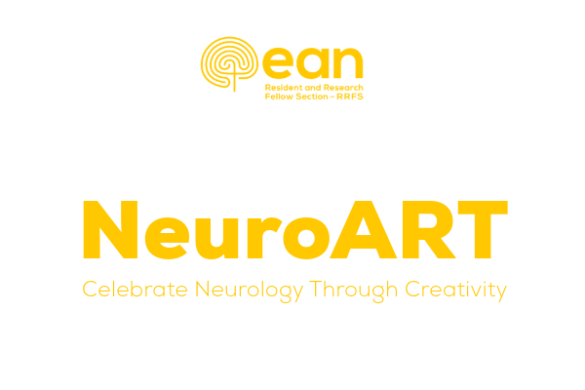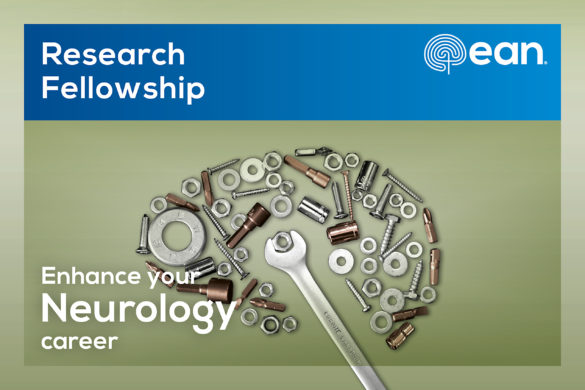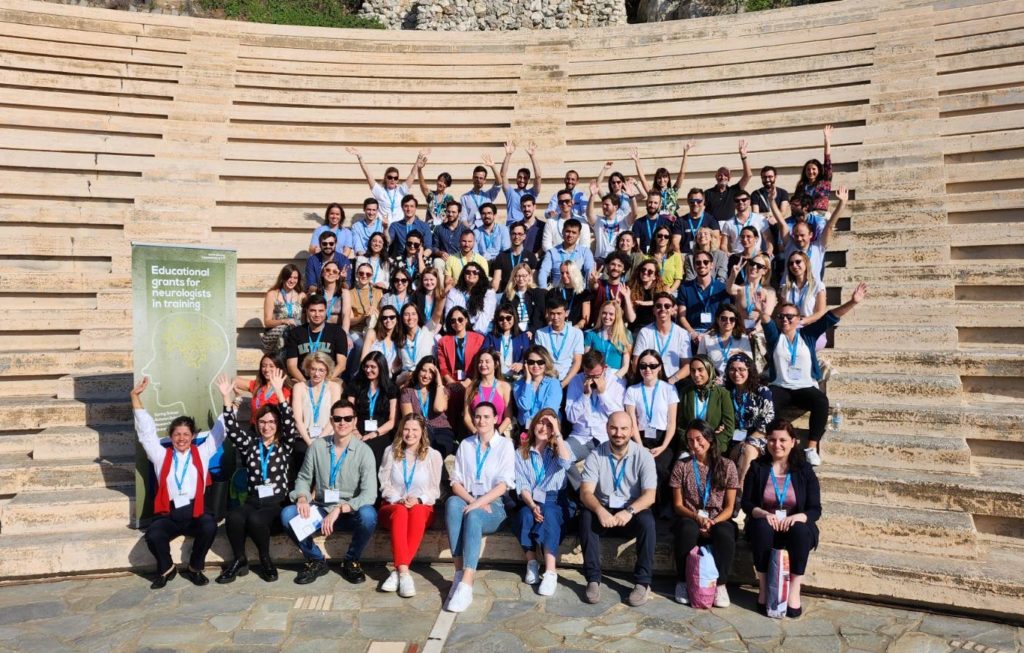
…
Surrounded by nature, between olive tree covered hills and the sea, we were able to offer three full days of neurological education in Loutraki, Greece on October 12-16. The EAN was delighted to welcome 64 participants from 24 countries – Angola, Armenia, Austria, Croatia, Cyprus, Georgia, Greece, Italy, Kosovo, Kyrgyzstan, Lithuania, Moldova, Morocco, North Macedonia, Poland, Portugal, Romania, Russia, Spain, Tunisia, Turkey, Ukraine, the United Kingdom, and Uzbekistan – to Loutraki, formerly known for its’ natural thermal springs, about 80 kilometres west of Athens.
We would like to thank our fantastic international faculty, coming from Austria, Denmark, Germany, Greece, Italy, the Netherlands, and the United Kingdom.
The Autumn School lectures focus on how to approach a specific clinical syndrome in order to reach diagnosis and determine treatment. This year, for the first time, speech and language disorders were discussed, which provided great insights into this relevant topic.
The 2023 programme was:
Day 1: Myoclonus
Day 2: Ataxia
Day 3: Speech and language disorders
On the first day, Anna Latorre (UK) started the school with her lecture ‘General introduction, clinical differentiation from other Movement Disorders’; Athanasios Covanis (Greece) spoke about ‘Myoclonus in Epilepsy’ and Antonio Suppa (Italy) covered ‘Non-epileptic Myocloni’.
The afternoon workshops gave the participants the opportunity to discuss ‘The electrophysiological diagnosis of myoclonus and its subtypes’, and learn about ‘Diagnosis of epileptic and non-epileptic seizures and the relevant pitfalls’ and ‘Pathophysiology of Non Epileptic Myoclonus’.
…
In the evening, all participants and speakers took a boat ride through the canal of Corinth, an amazing 6.4km long and only 21.3m wide waterway, carrying ship traffic between the western Mediterranean Sea and the Aegean Sea, cutting through the Isthmus of Corinth that connects the Peloponnesian peninsula to the Greek mainland, thus effectively making the former an island. After the boat ride, the evening ended with a traditional Greek dinner, music, and folk dance.
…
On day two the speakers addressed a different aspect of ataxias: George Koutsis (Greece) gave a ‘General introduction and clinical approach to a patient with ataxia’, Francesca Magrinelli (UK) focused on ‘Hereditary/neurodegenerative ataxias’ and Sylvia Boesch (Germany) informed participants about ‘Acquired Ataxias’.
Did you know: the root of the word ataxia is from the Greek α- [a negative prefix] + -τάξις [order] = which basically means ‘lack of order’
During the afternoon workshops, the participants discussed the most interesting cases in the clinical experience of the faculty: ‘Diagnosing the ataxic patient: a case-based approach’ – which was shown with the help of a visiting patient; ‘Phenotypic clues and lab testing strategies in the diagnosis of genetic ataxias’; and, finally, ‘Diagnostic clues and treatment options in acquired ataxias’.
…
The evening programme kicked off with Francesco Pasini (Italy) informing all participants about the benefits of being an EAN Resident and Research Fellow Section member (RRFS) and inviting them to join the manifold activities.
A typical family style dinner was served in a very nice setting and the participants were given the chance to test their knowledge of neurology, Greece, and the EAN with an educational and fun quiz moderated by Teaching Course sub-Committee member Hatice Tankisi.
…
On the 3rd and last day, speech and language disorders were the topics of the day. Stephanie Forkel (the Netherlands) started with a ‘General introduction into language and speech’; Paresh A. Malhotra (UK) presented ‘Aphasias’; and Elina Tripoliti (Greece) talked about ‘Dysarthria and voice disorders’.
The word aphasia also has a Greek root: from Ancient Greek ἀφασία (aphasía), from ἄφατος (áphatos, ‘speechless’), from ἀ- (a-, ‘not’) + φάσις (phásis, ‘speech’).
In the workshops the participants did some real group work on ‘Mapping the language connectome’, learned about ‘Speech impairment caused by stroke and neurodegeneration’, and delved into ‘Evaluation and treatment of motor speech disorders in the clinical settings for patients with movement disorders’ while also listening to a visiting patient.
…
After a successful exam, the participants received their certificates of attendance and celebrated their success at a relaxed farewell party.
We cordially thank all our speakers for joining us and hope all participants took the opportunity to learn in a new setting, and network with colleagues and renowned professors. We look forward to seeing all of you again soon at other EAN activities.
…
If you are interested in participating in one of the EAN Schools, you now have the opportunity to apply for the next EAN Spring School in May 2024! Application opens on 1 December and the deadline is 31 January 2024. More information can be found on our website.

